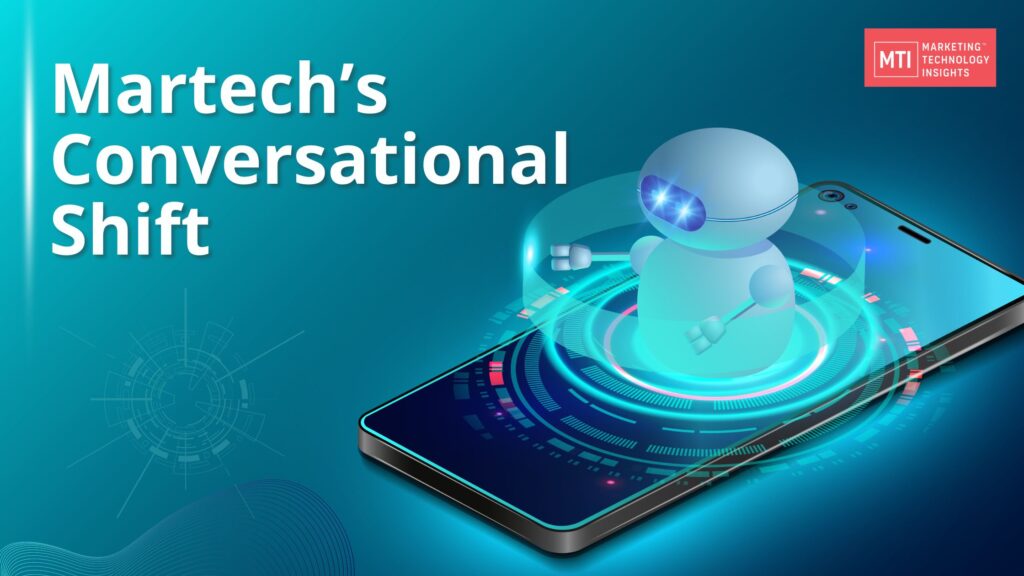The arrival of Artificial Intelligence (AI) has triggered a paradigm shift across numerous industries, and marketing is no exception. Among the many AI applications, chatbots have emerged as a powerful tool, fundamentally changing how businesses interact with their customers.
Chatbot Marketing: A New Era of Customer Interaction
In the ever-evolving landscape of digital communication, chatbots have emerged as powerful AI-driven tools, reshaping the way businesses engage with their audience. These versatile software programs, designed to simulate human-like conversations, offer seamless integration across various platforms such as websites, mobile applications, and social media. The true value of chatbots lies in their remarkable ability to deliver instant responses, handle multiple queries simultaneously, and operate 24/7.
Instant Responses: Redefining Customer Service Dynamics
Traditional communication channels often impose limitations on response times, leaving customers waiting for assistance. Chatbots, on the other hand, break free from this constraint by providing instant responses. With 24/7 availability, customers can interact with chatbots at any time, receiving prompt and efficient assistance without delays. This real-time engagement enhances customer satisfaction and ensures that queries are addressed promptly, contributing to a positive user experience.
Handling Multiple Queries Simultaneously: Unleashing Efficiency
One of the key strengths of chatbots lies in their ability to efficiently manage multiple conversations simultaneously. Unlike human agents, who may struggle to handle a large volume of inquiries simultaneously, chatbots excel at multitasking. This capability ensures that every customer query receives immediate attention, regardless of the volume of incoming requests. Businesses can streamline their customer support operations, enhance efficiency, and scale their capacity to handle interactions seamlessly.
Operational Continuity: Beyond Human Limitations
Chatbots are not bound by human limitations such as working hours or holidays. Their 24/7 operational capability ensures continuous service, allowing businesses to cater to customer needs around the clock. Whether it’s addressing inquiries during non-business hours or providing support on holidays, chatbots contribute to an uninterrupted customer experience. This perpetual availability establishes a reliable communication channel, building trust and loyalty among users who appreciate the convenience of accessing assistance at their convenience.
Adapting to Diverse Platforms: Versatility in Engagement
Chatbots exhibit remarkable versatility in their integration across diverse platforms. From websites to mobile applications and social media channels, businesses can deploy chatbots wherever their audience is present. This adaptability ensures consistent and standardized communication across various touchpoints, creating a cohesive brand experience. Whether engaging users on a company website or providing support through social media messaging, chatbots maintain a unified and efficient communication strategy.
Enhancing Customer Engagement: A Strategic Imperative
In the era of customer-centric business models, enhancing engagement is a strategic imperative. Chatbots play a pivotal role in achieving this objective by providing a seamless and responsive interaction channel. Their ability to understand user queries, provide relevant information, and guide users through various processes contributes to personalized and user-friendly engagement.
Chatbots in Action
One compelling example of successful chatbot marketing comes from the B2B E-commerce giant, Amazon. Their customer service chatbot, powered by AI, can address a multitude of customer queries, from order tracking and product recommendations to handling returns and troubleshooting technical issues. This has significantly improved their customer service efficiency and has led to increased customer satisfaction levels.
The healthcare industry is another sector that has embraced the power of chatbots. HealthTap, a virtual healthcare provider, utilizes an AI chatbot to deliver personalized medical advice. Users can ask health-related questions, and the chatbot, equipped with a vast database of doctor-answered questions, can provide immediate and informative responses. This not only enhances the patient experience but also alleviates the burden on healthcare professionals by addressing basic inquiries.
The Impact of Chatbot Marketing on Businesses
Chatbots are not merely a passing trend; they represent a significant shift in how businesses interact with their customers. They offer numerous benefits, including:
- Improved customer service: Chatbots provide around-the-clock support, addressing customer inquiries promptly and efficiently, leading to enhanced customer satisfaction.
- Increased customer engagement: By offering interactive and personalized experiences, chatbots can significantly boost customer engagement, fostering stronger brand loyalty.
- Cost savings: Chatbots can automate routine tasks, such as answering frequently asked questions and providing basic product information. This frees up human agents to handle more complex issues, optimizing resource allocation and reducing operational costs.
- Data-driven insights: Chatbots can gather valuable data about customer behavior and preferences as they interact with users. Businesses can leverage these insights to tailor their marketing strategies, personalize the customer experience, and optimize marketing campaigns for better results.
The Future of Chatbot Marketing
As AI technology continues to evolve, we can expect chatbots to become even more sophisticated, providing highly personalized and human-like interactions. Advancements in Natural Language Processing (NLP) will enable chatbots to better understand the context and intent behind user queries, leading to more natural and engaging conversations. Additionally, developments in Machine Learning (ML) will allow chatbots to continuously learn and improve from past interactions, further enhancing their ability to address customer needs effectively.
Conclusion
The rise of chatbot marketing serves as a compelling testament to the transformative power of AI in the marketing landscape. As businesses continue to embrace this technology, chatbots are poised to become an integral part of the customer experience, setting new standards for customer interaction and driving business growth in the years to come.



